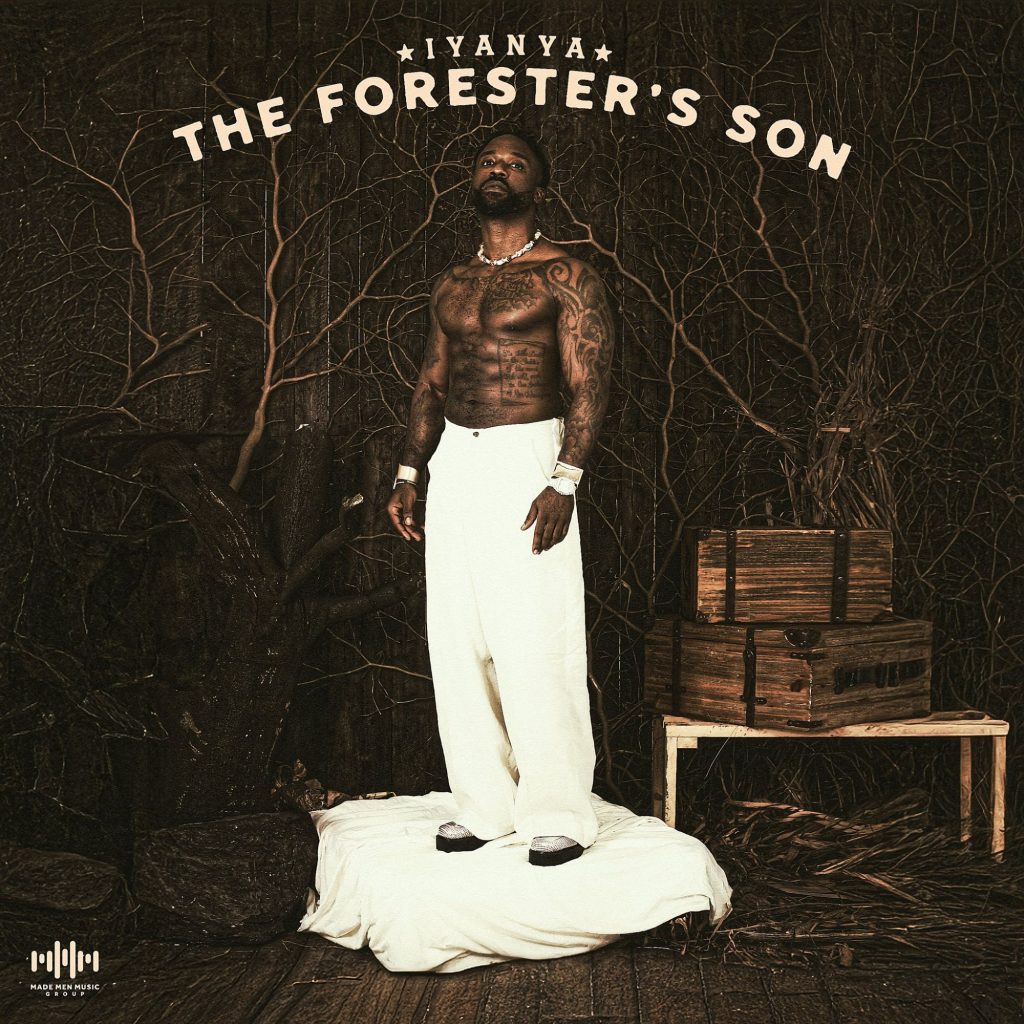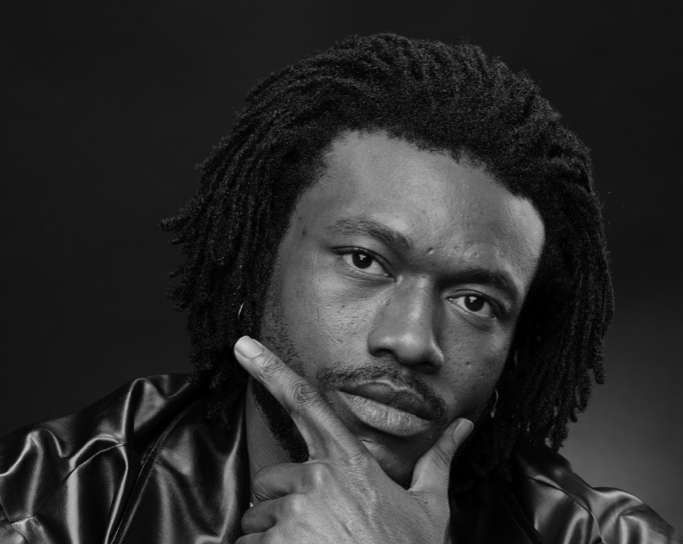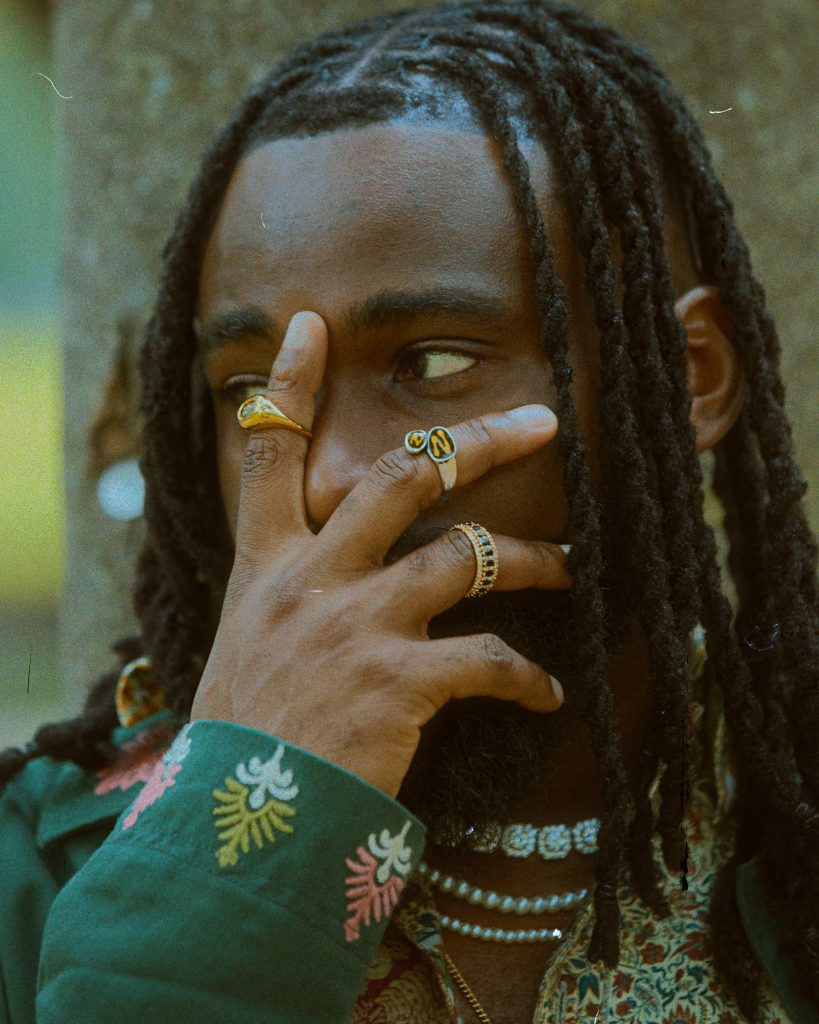On his fourth album, the rapper takes no prisoners and delivers on a promise he made two years ago.
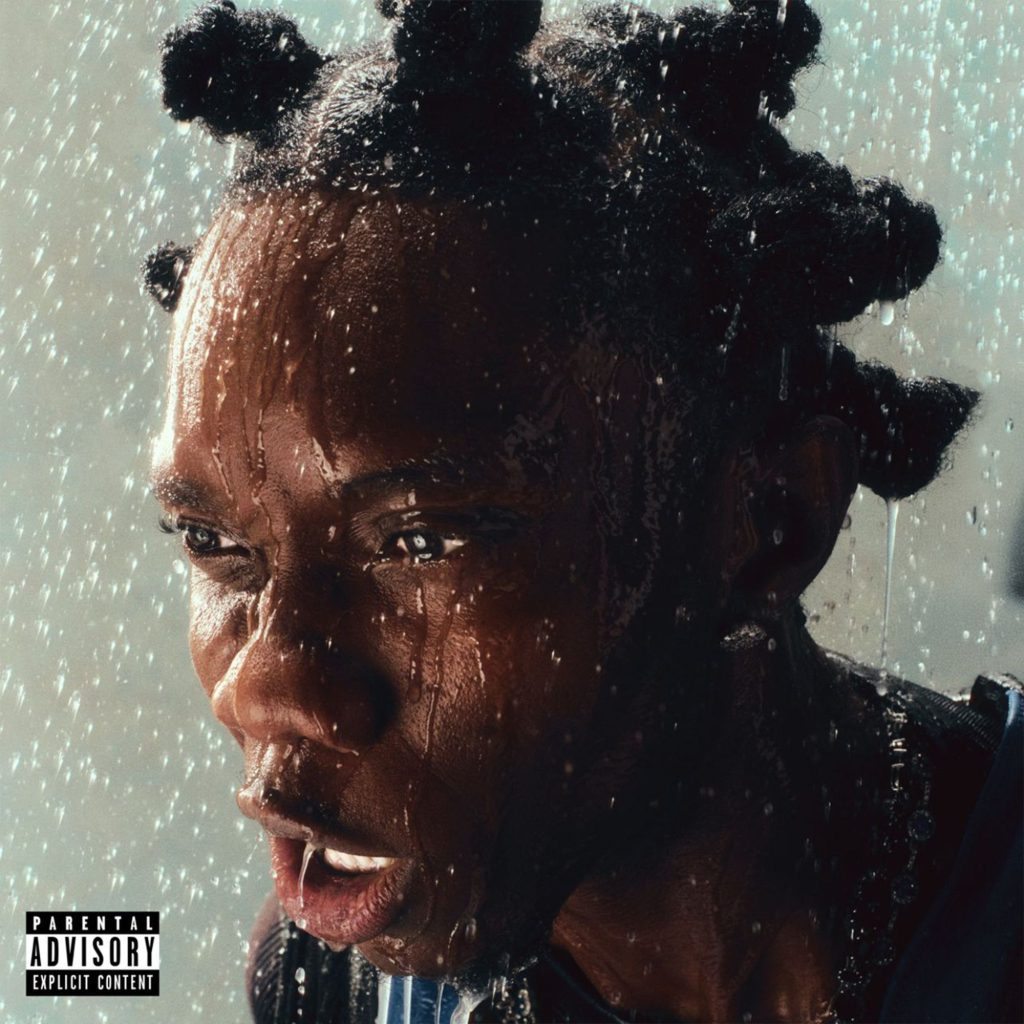
After delivering stellar albums back to back in quick succession, Blaq understood the need to pivot and appeal to the mainstream. Sex Over Love and Young Preacher were brilliant rap projects that had Blaqbonez deep in his Hip-Hop bag, exploring introspective topics and socio-political commentary in such a cheeky, facetious way that earned him predigree amongst Hip Hop heads because of the amount of personality and skill he brought to the game.
After earning the respect of the true connoisseurs of the game, it was time to bridge the gap and get the casuals on board. Enter, Emeka Must Shine—an AfroPop album curated with the sensibilities of the mainstream in mind. Unfortunately, despite scoring a few viral songs, the album didn’t merit the sort of success Blaq had in mind. Neither did it have the shelf life of its predecessors, as it wasn’t exactly curated holistically like those albums.
So what did Blaqbonez do next? He went ahead to make an album that rectifies his mistakes and evolves his sound in the process. The problem with EMS was that Blaq held back too much and didn’t make a pop album that a good rapper would. He made a pop album, any decent pop artist would but No Excuses is the great pop-leaning rap album that EMS strived to be.
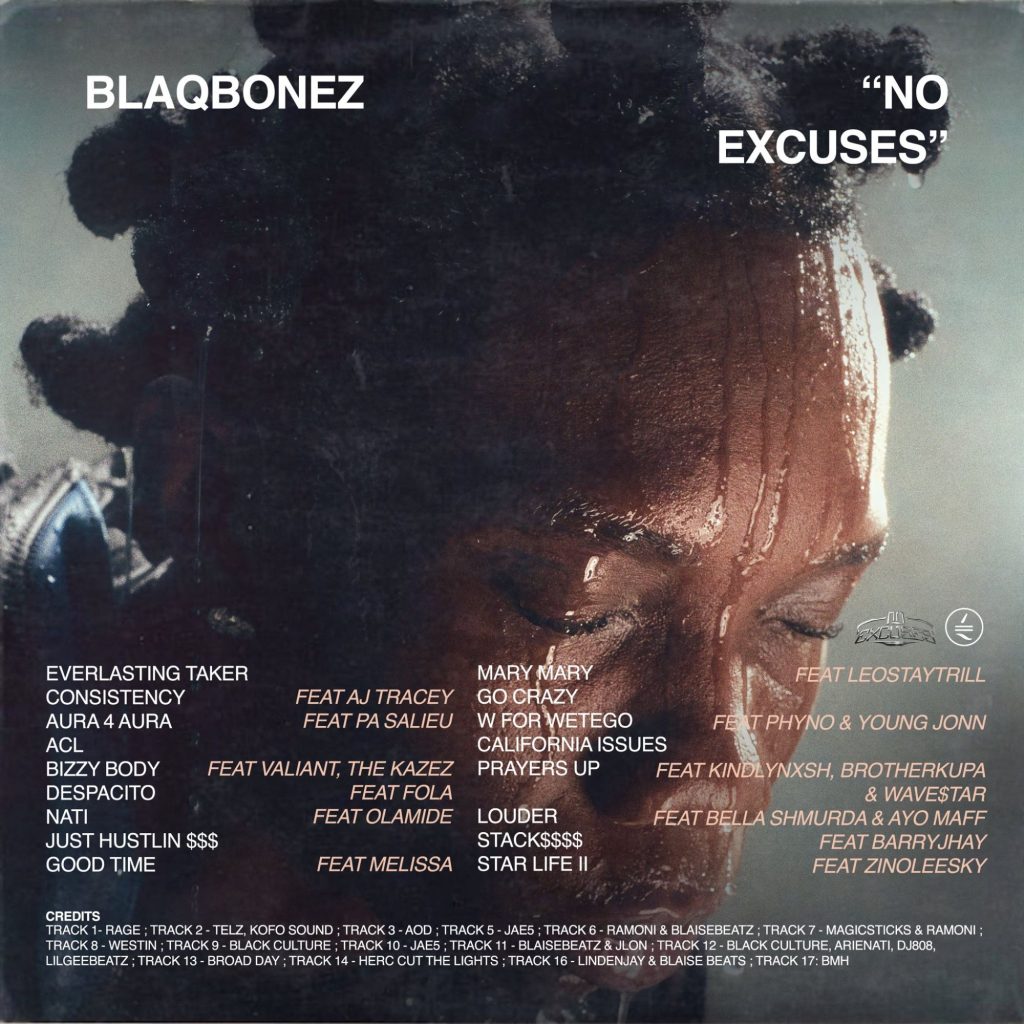
Blaq is a master at embodying personas and he’s back at it in usual swaggering fashion, right from the jump. Once Super Emeka, Rasaki and Emeka The Stallion on previous albums and now—the Everlasting Taker on No Excuses. The new title is synonymous to his insatiable hunger and thirst for eternal success. Through a flurry of tweets, he’s provided context that he will be always be that guy and this song is simply attesting to that.
Indeed, Everlasting Taker is Afropop and he’s once again flirting with the soundscape that yielded mixed results last time, but the problem was always in the execution. On the opener, Blaq sing-raps with relative ease but there’s no mistaking his rapper identity. Same with Consistency, a song that highlights the narrative crux of the album even better.
It’s very paramount for Blaq to remain on top of the pulse—pushing the sound forward and being the center of discourse, so he makes it pixel clear over the electric boom bap beat. AJ Tracey’s cadence is quite one-note but it works nonetheless, because the song plays like a conversation. Things get interesting on Aura 4 Aura, with reverbing retro synths that mimic the soundtrack of old Java games that defined an era of now defunct Nokia phones.
Blaq embraces the chaos with a delivery style that matches the uneven pace of the beat and Pa Salieu is the perfect fit on this song for that same reason and he belts out his lines with so much unhinged charisma, that it puts you on edge. ACL is the diss track aimed at ODUMODUBLVCK, that has been tearing up the internet since release.
This writer thinks Blaq does a phenomenal job in delivering punchy bars that taint the image of his rival and drag him through the proverbial mud, while also dumbing it down into language people can easily process. Uploading the visualizer on X—and not YouTube—is also a masterstroke of genius, because X is the perfect app for discourse and no other type of song needs constant discussion to drive popularity, more than diss records. My only gripe with the song is the beat, as it could have been much better.
After Rap and Afrobeats, Dancehall is Blaq’s bread and butter. He has an elite bashment record on almost every album of his and this one is no different. What’s more impressive is that Bizzy Body doesn’t take the traditional route. It has the carribean flavor to it, but it’s merged onto an Afropop template rife with log drums and it works to a tee. As expected, Blaq is a carefree sailor on these waters and glides with ease, but he has nothing on Valiant’s patois swagger.
There are complaints about FOLA ‘rewarming’ melodies on Despacito and while they’re valid to an extent, because his hook does sound eerily familiar to his older songs—this song still has a lot of inherent quality and standouts as a good song in spite of that. Besides, Blaq getting candid and pouring out his heart on a record is always a refreshing thing to hear.
NATI is borne from an old Olamide record that surfaced on the net in 2023, but has now been remodeled into a Blaq song that really soars from additional dominant Amapiano drums and animated Blaq verses. Baddo’s catchy hook remains the star of the show, but Blaq does enough to justify being the recipient of said hook.
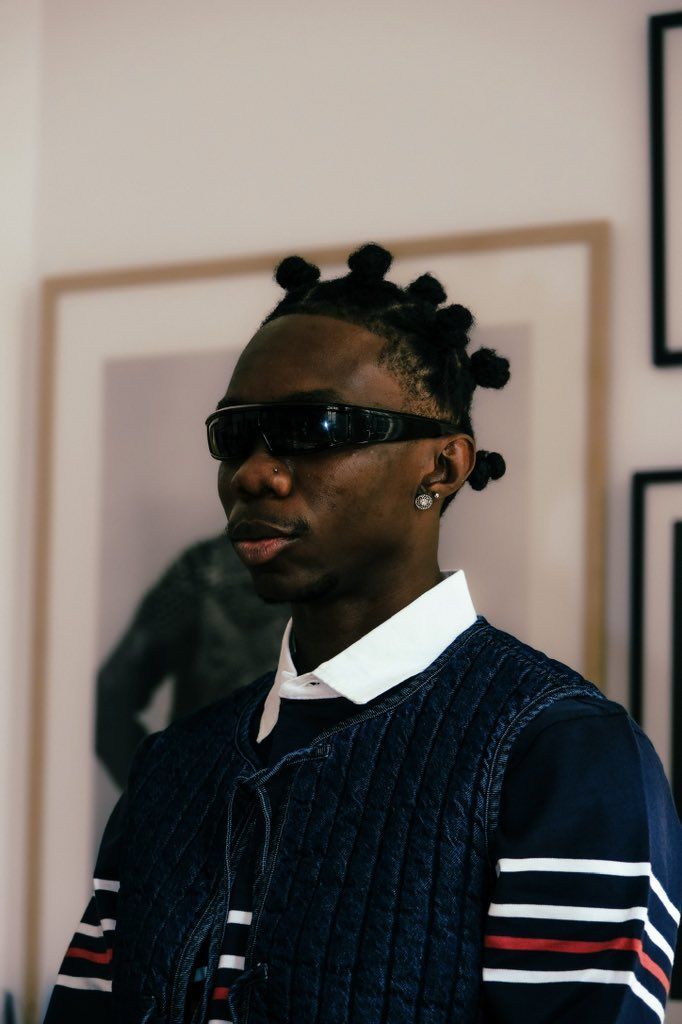
Just Hustlin $$$ heads back into the boom bap territory of Consistency, but this time around Blaq laments about how the economic situation is making demons out of everyone and forcing them into tough decisions that compromises their spirits. Narratives like these always sound corny or preachy from most rappers, but Blaq approaches it in his usual playful levity and it makes for a really fun record.
Good Time has licentious swing drums and groovy frequencies, despite being midtempo and Melissa’s hook takes it up another notch into perfection. It’s another foray into Dancehall affiliated territory, so Blaq isn’t found wanting either. Blaq wails about a bad bitch full of herself on Mary Mary and the sentiment is so resonant, because he can’t stop himself from swooning over how bad and bougie she is, despite clocking her antics.
LeoStayTrill’s verse is really short, but impressionable nonetheless although the song could have done without it. Go Crazy remains this writer’s favorite track on the album. It’s just an elite all-round Afro-pop song, with a meticulously crafted melodic rap performance that packs rap gravitas without sacrificing the bite of a true pop record. W For Wetego doesn’t sound so distinct from most Amapiano fusion songs you’ve heard in years and Blaq is quite underwhelming in both verse and hook, but Phyno and Young Jonn do enough so the song doesn’t succumb to sheer mediocrity.
California Issues has future deep cut potential with Blaq’s melodic and emotionally-charged delivery on a psychedelic trap beat. Prayers Up is another melodic trap cut, but where California Issues features some really tight rapping—Prayers Up is more emo-coded and groove oriented. Blaq gets introspective on Louder and his well-earned reflection reiterates the point that money doesn’t transcend luxury and is in no way sufficient to cure the void within.
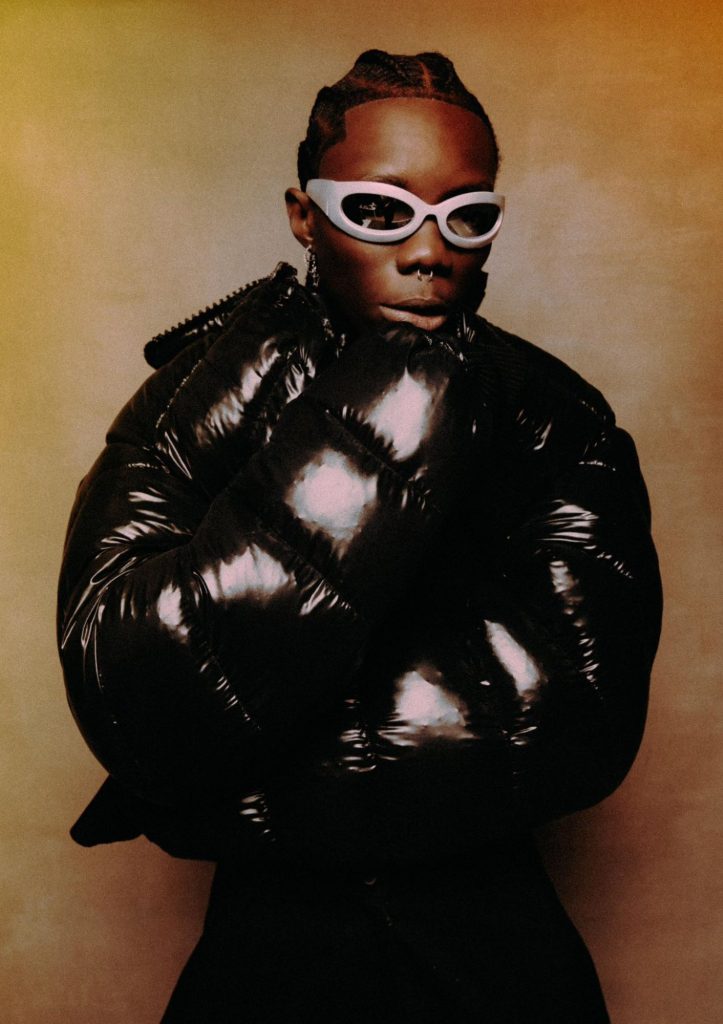
Ayo Maff and Bella Shmurda also get personal on their verses. Ayo confesses to engaging in dubious acts to earn a living when he was down in the trenches, while Bella alludes to how constricting life in the ghetto is. “In any climate, I still be the standout” Blaq raps on Stacks $$$, reaffirming his main stance on the album that he’s indeed the man. He doesn’t shy away from calling out the fakeness of others, while using his criticism to big himself up in the same fashion.
The production is almost bare on this one, save for some classical guitar chords. This album could have done without Star Life because it doesn’t sound like an extended play of the album and the thematic progression comes full circle on Stacks $$$. It’s also a quintessential Zinoleesky record—with thundering log drums in the absence of shakers—rather than being an even collaboration, so it’s not exactly this writer’s cup of tea.
Blaqbonez rises to the occasion on his fourth studio LP, crafting something truly deserving of his current claim to the rap throne of the nation. Of course, it’s one thing to curate a great album and it’s another for it to be received well. Only time will tell, but for now he can take pride in the fact that he made a great album worth every defiant brag and chest thump.
Final Verdict:
Sonic Cohesion: 1.5/2
Expansive Production: 1.4/2
Songwriting: 1.8/2
Delivery: 1.7/2
Optimal Track Sequencing: 1.4/2
Total: 7.8/10


